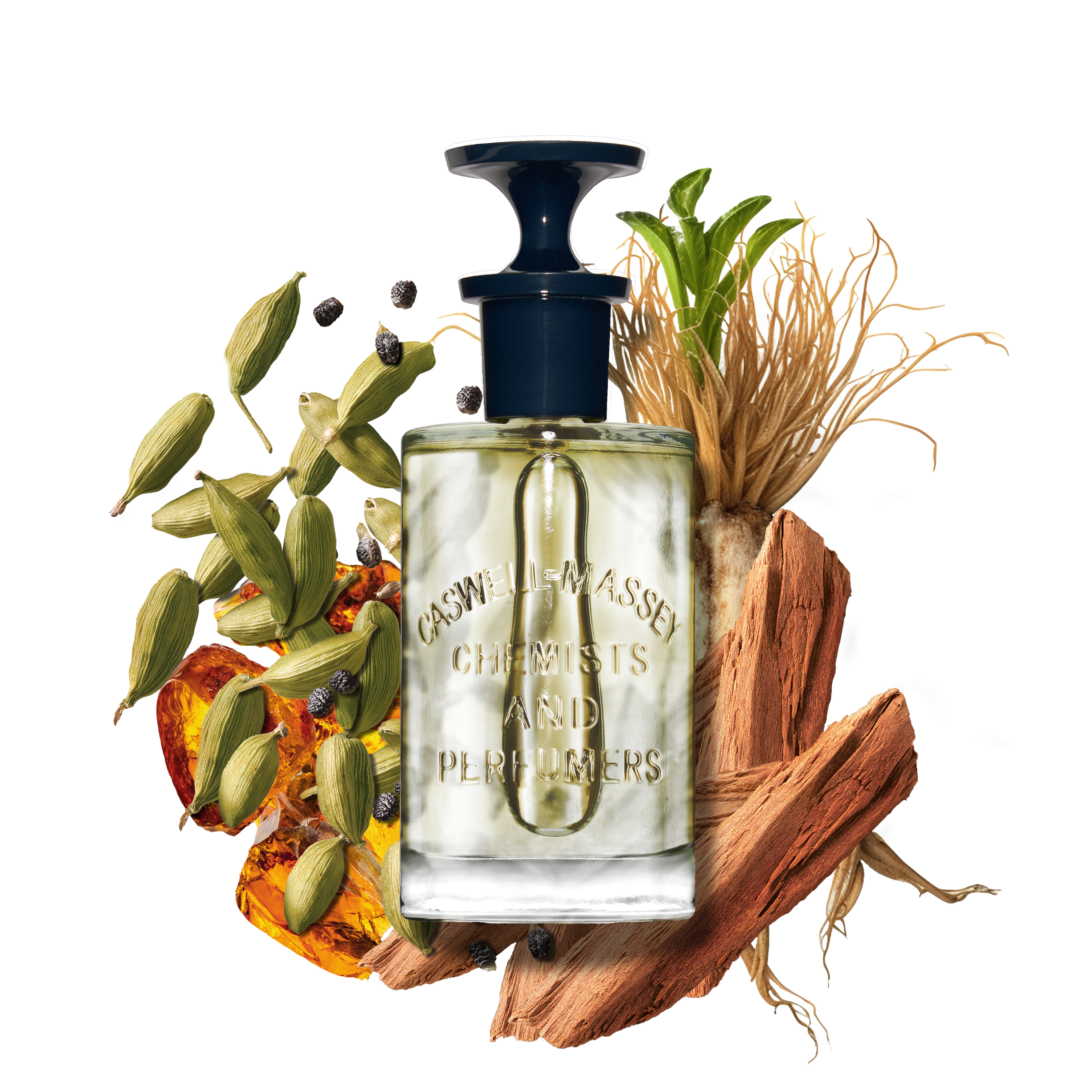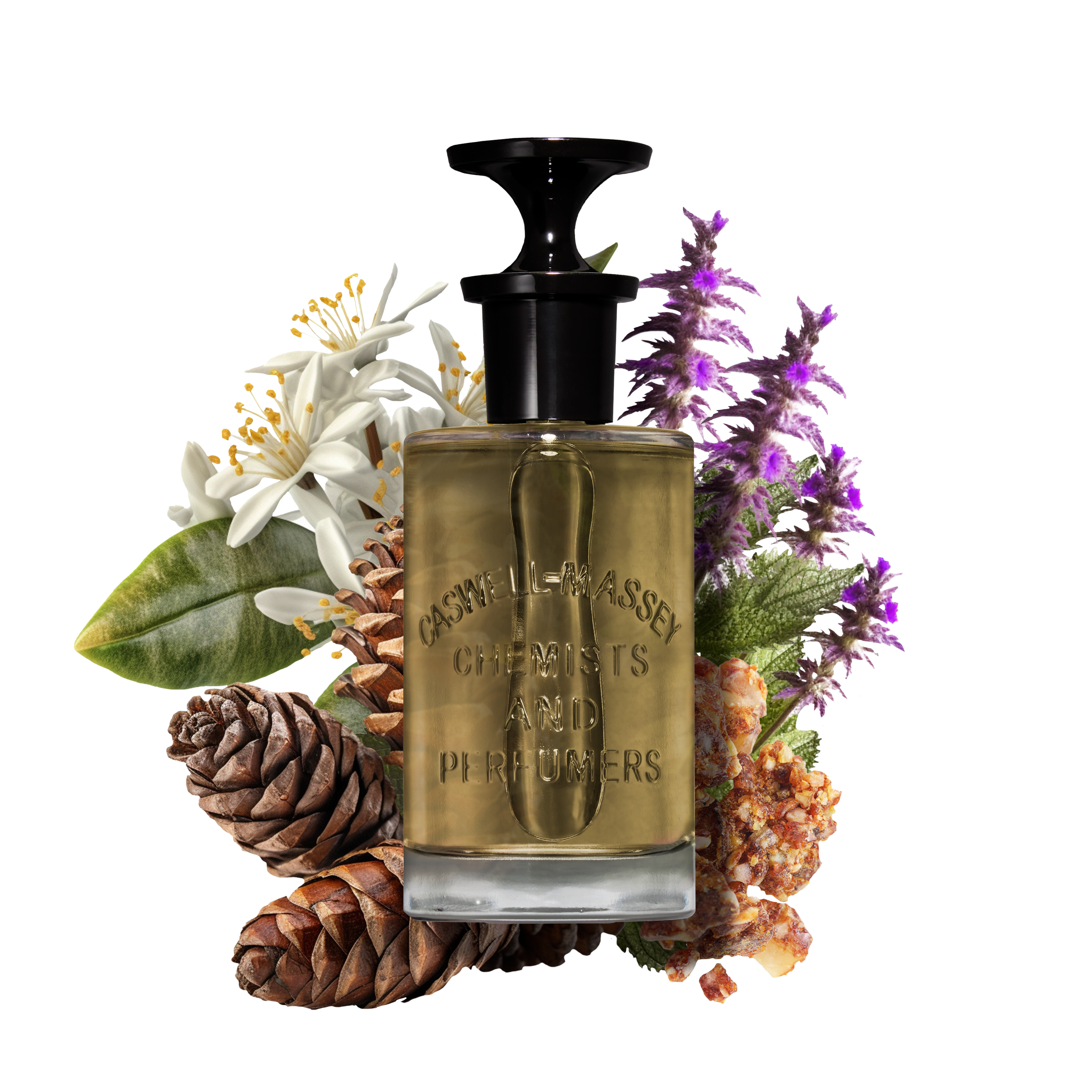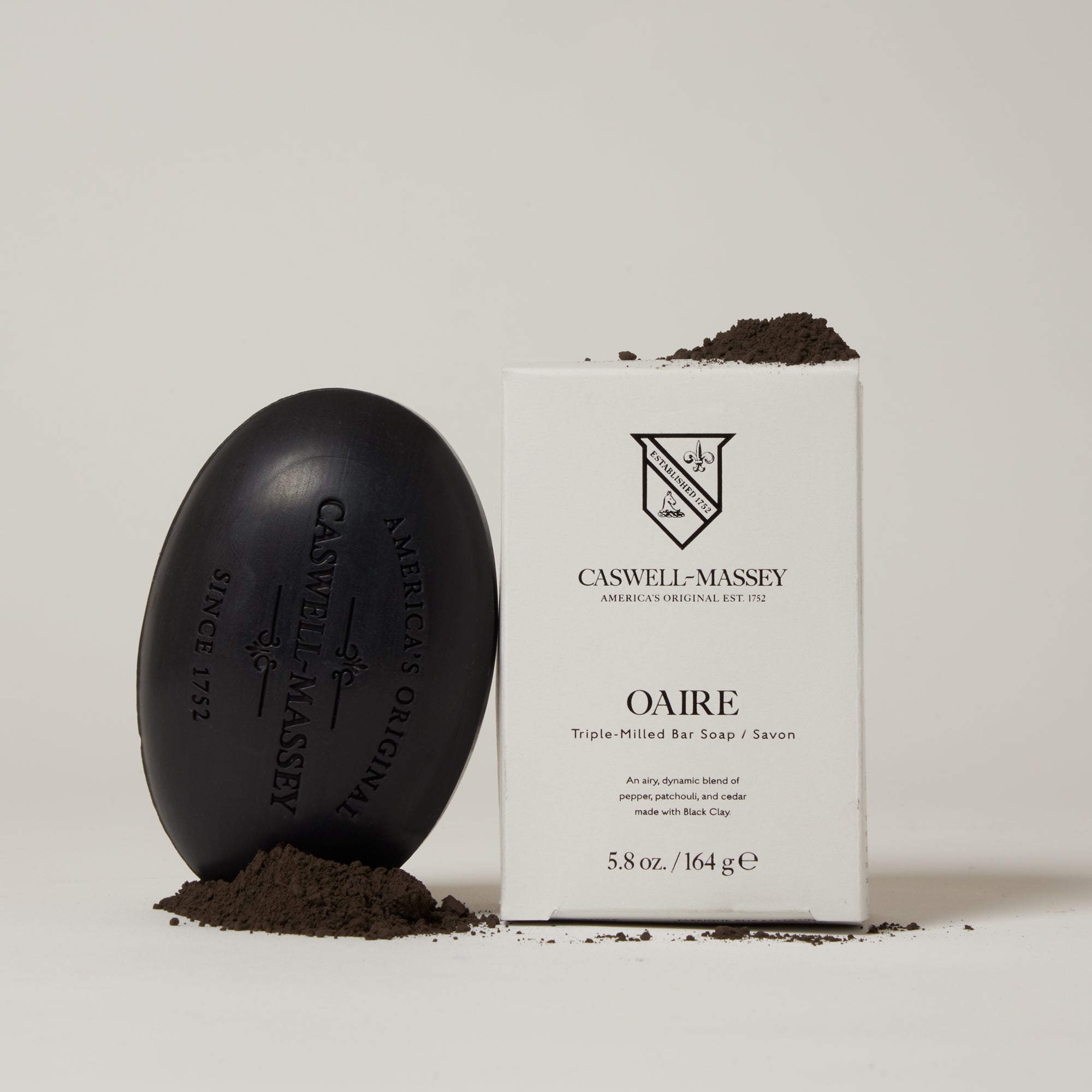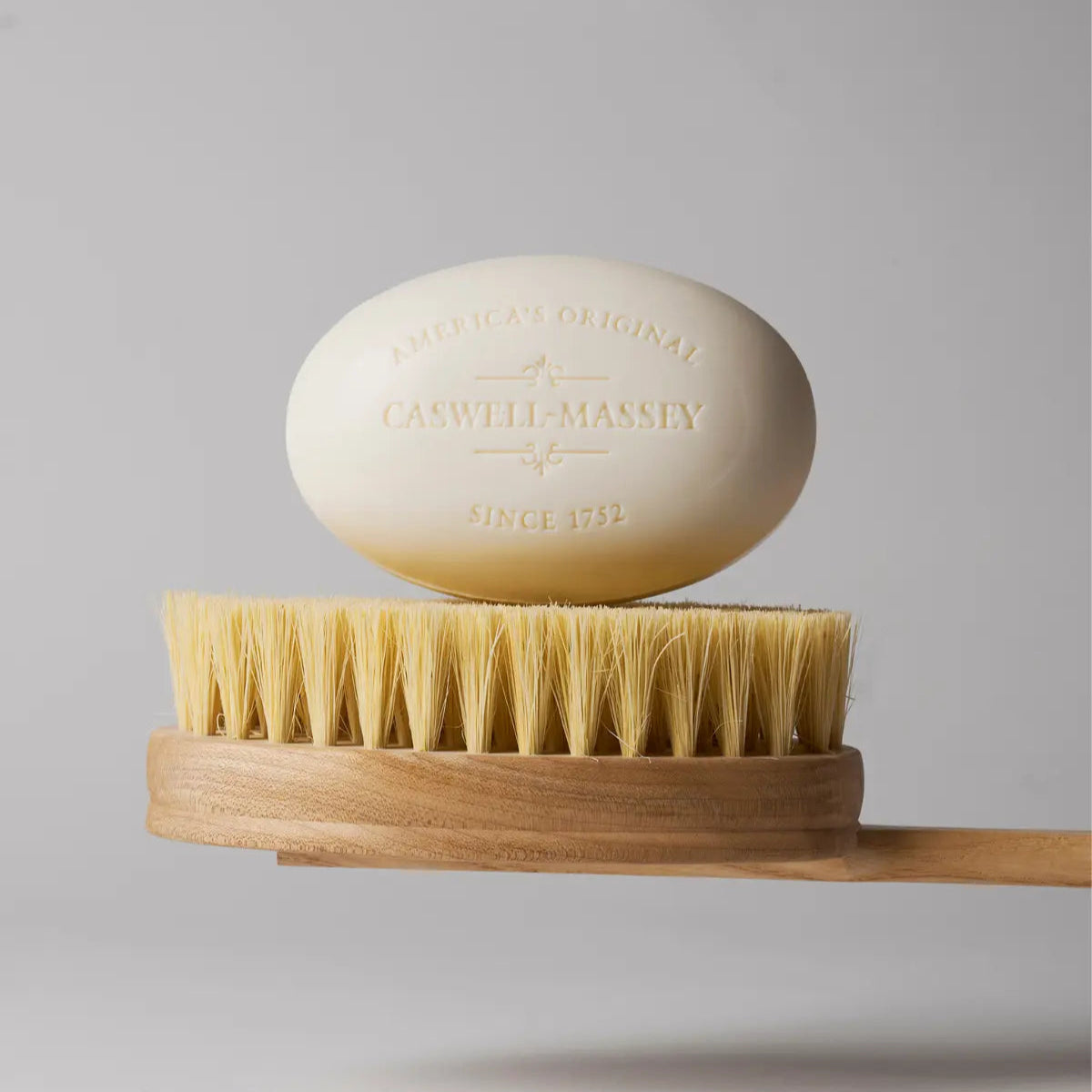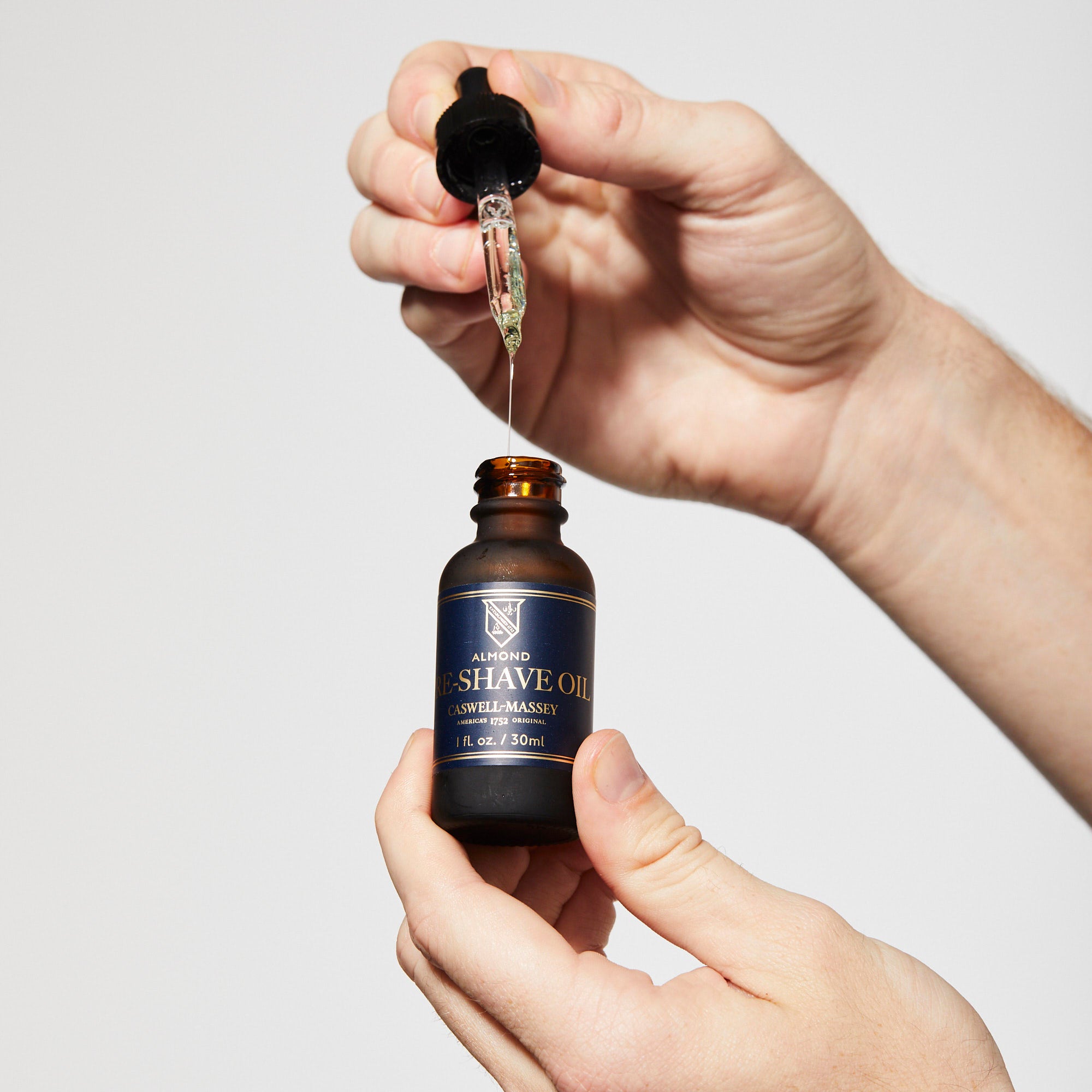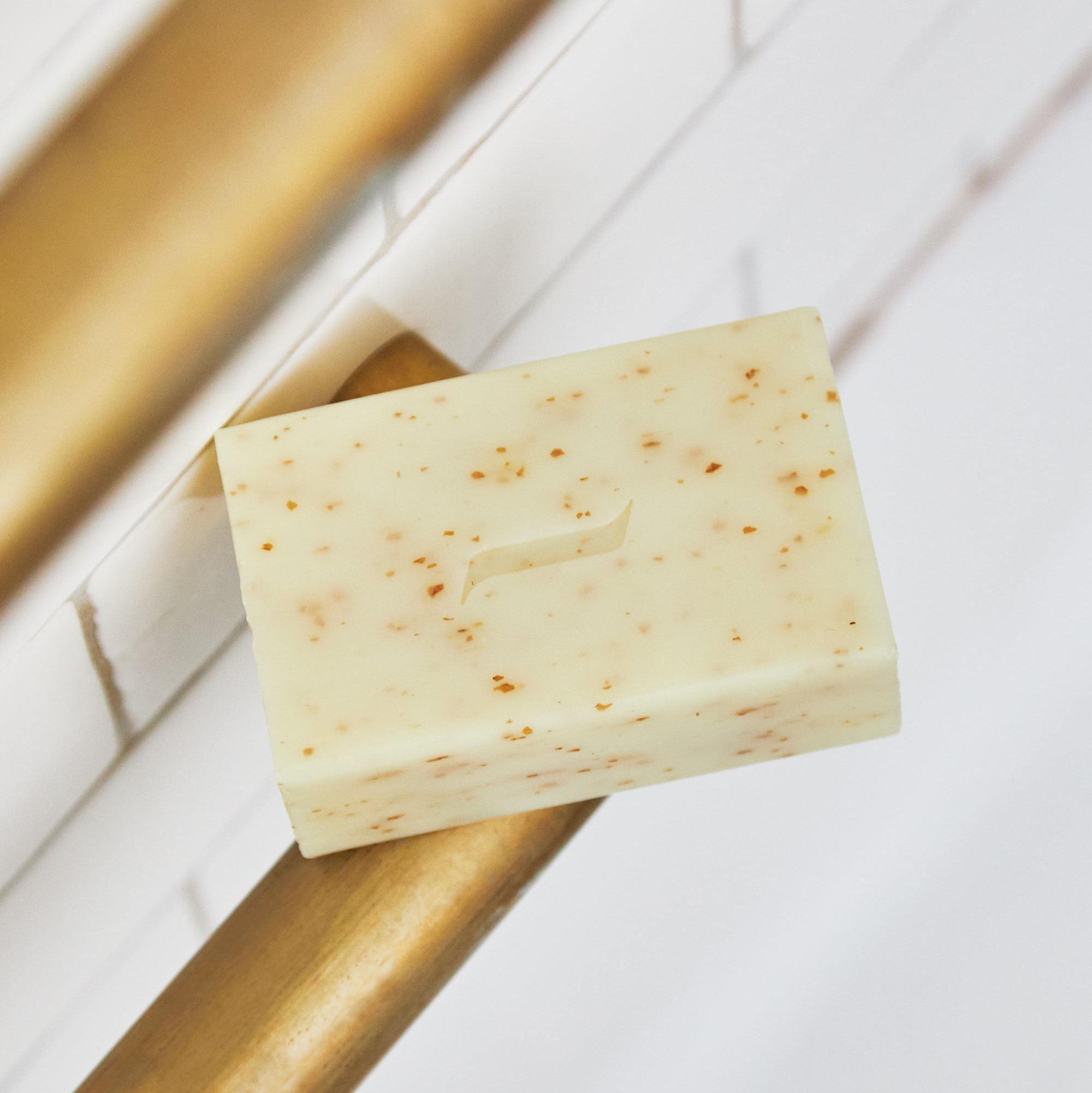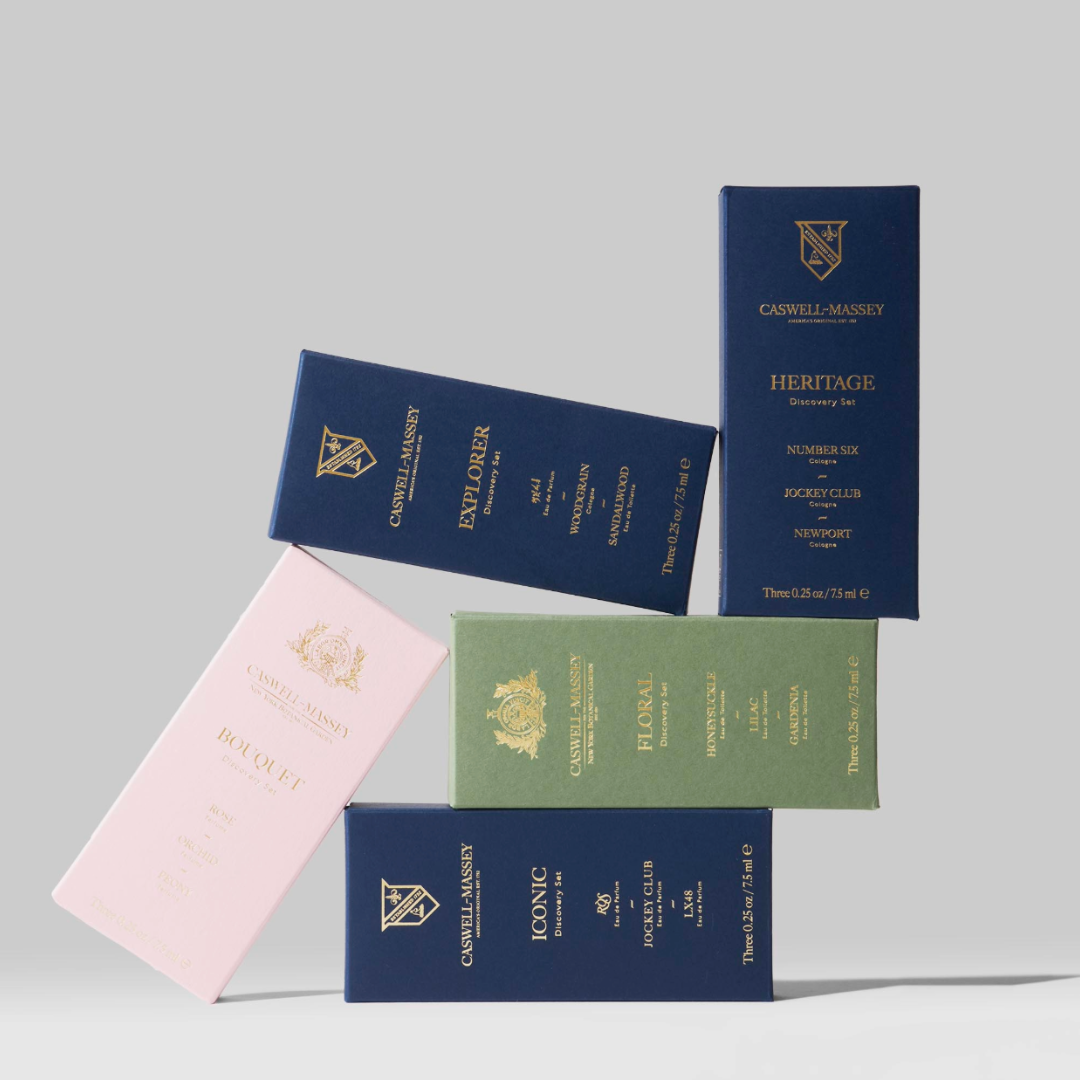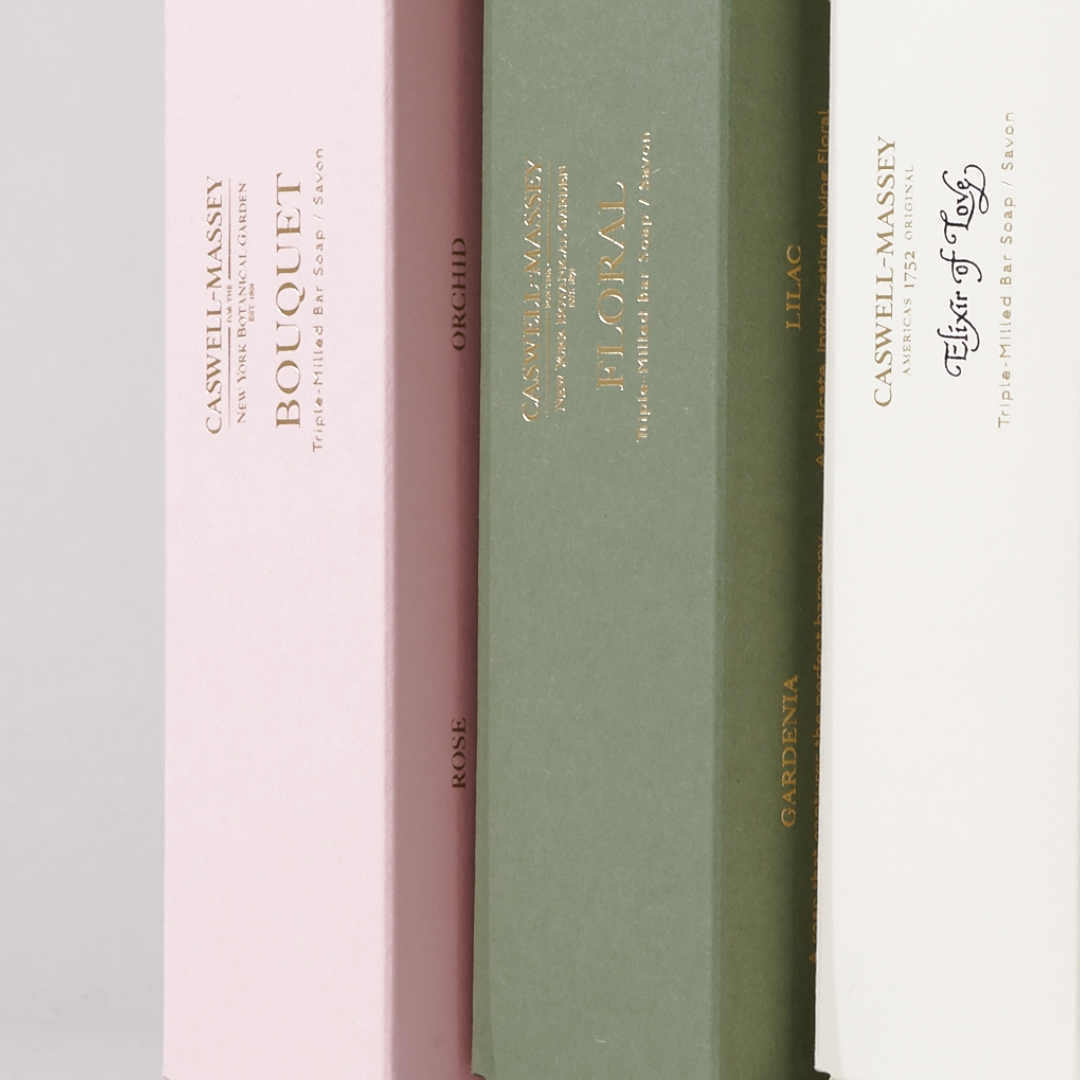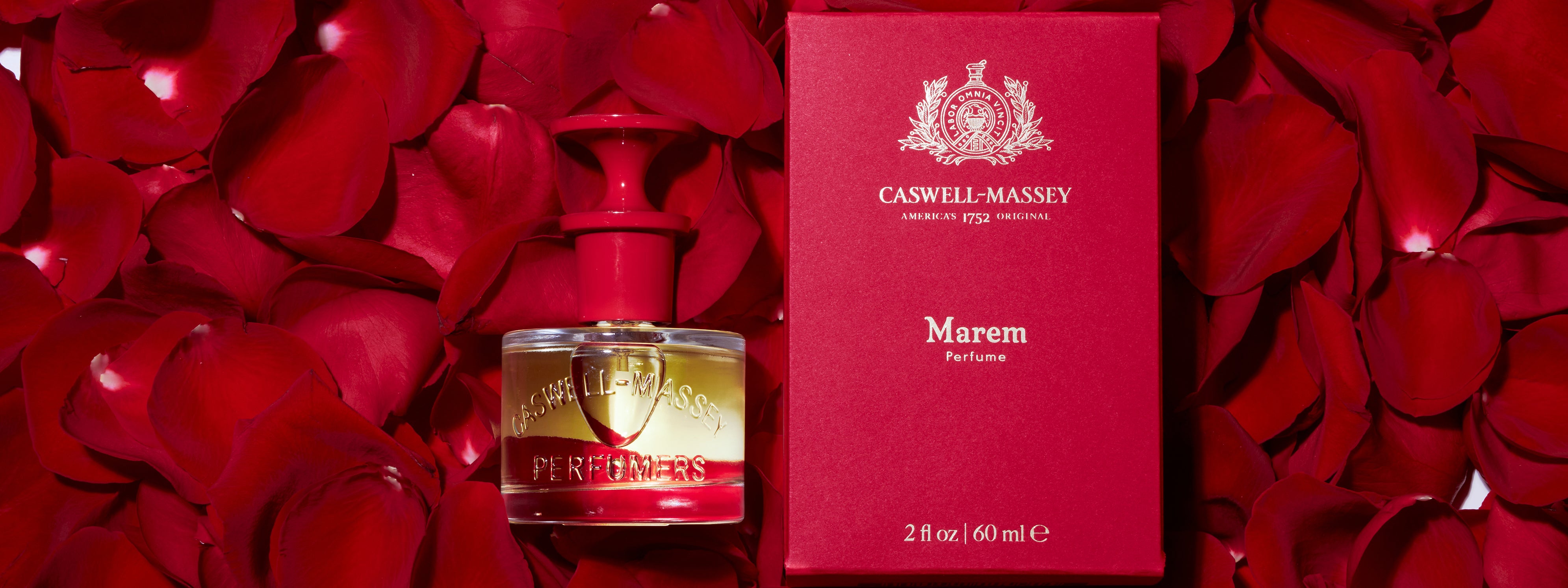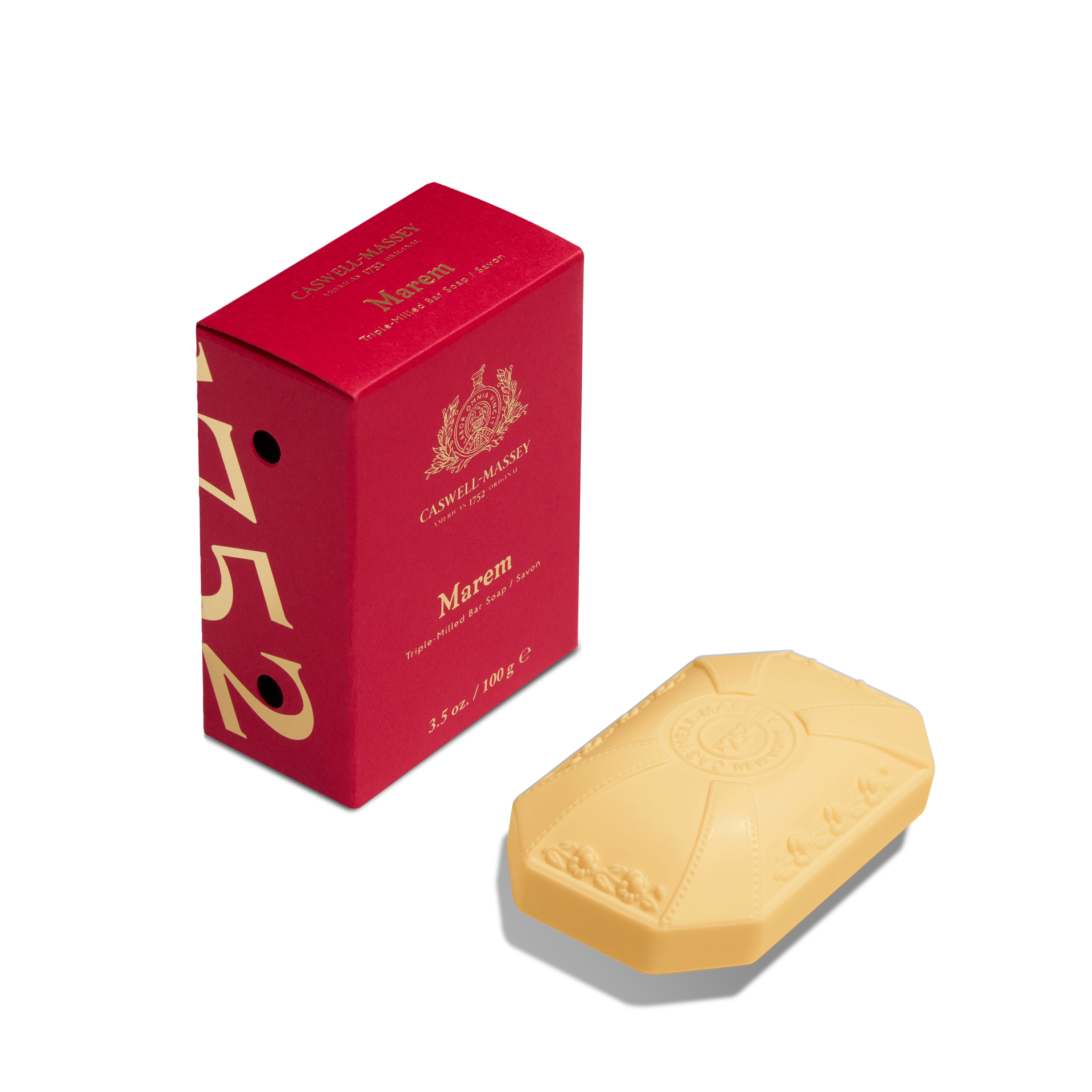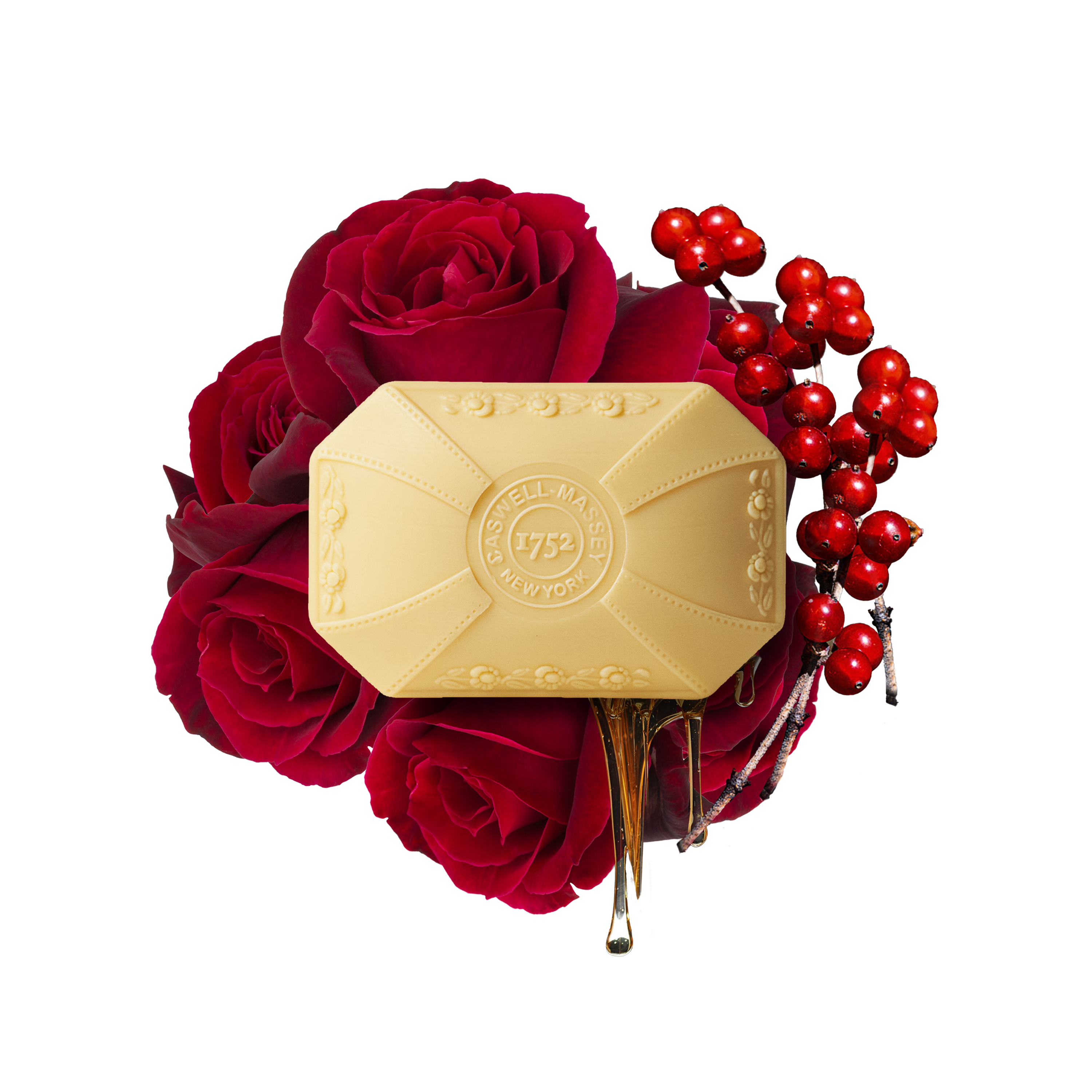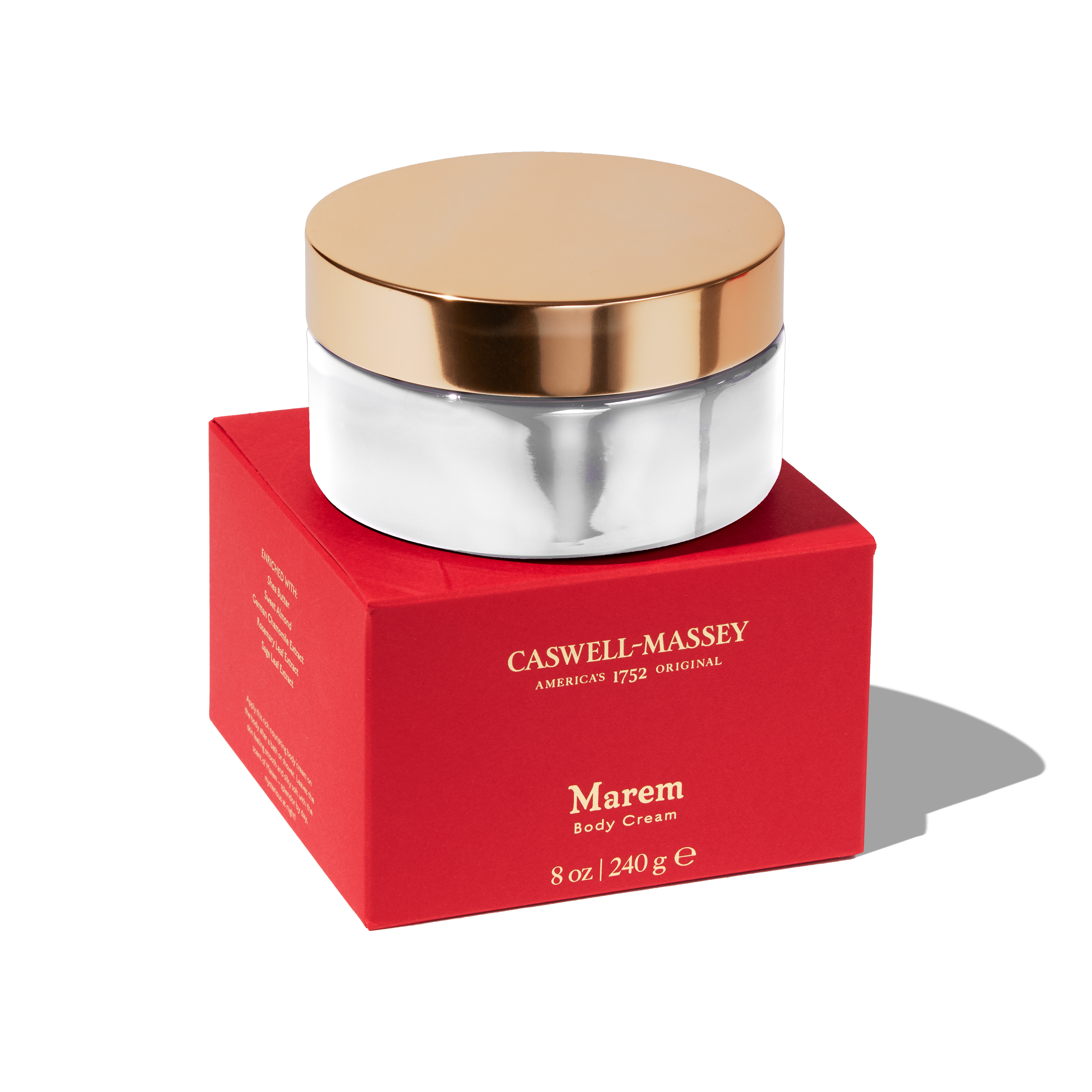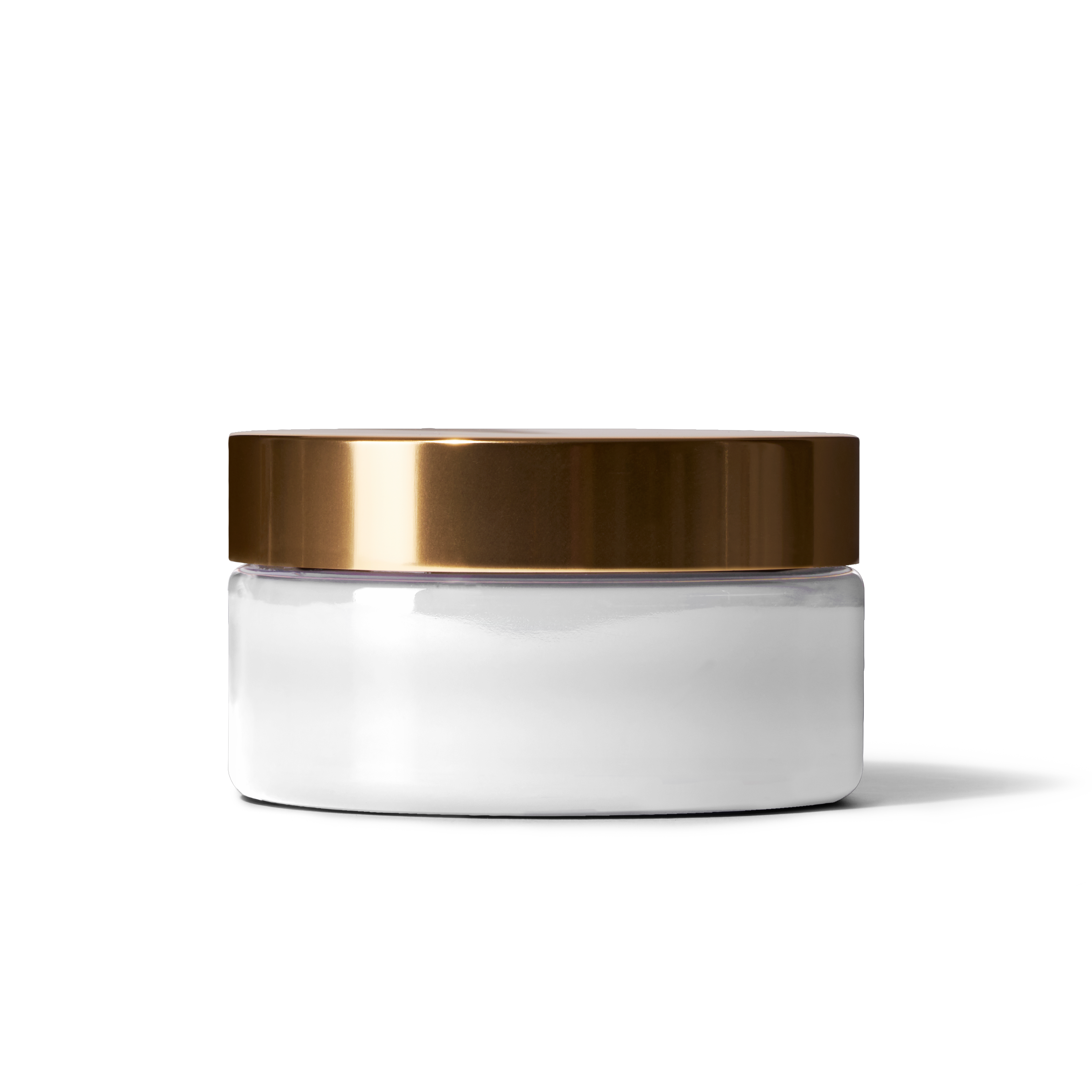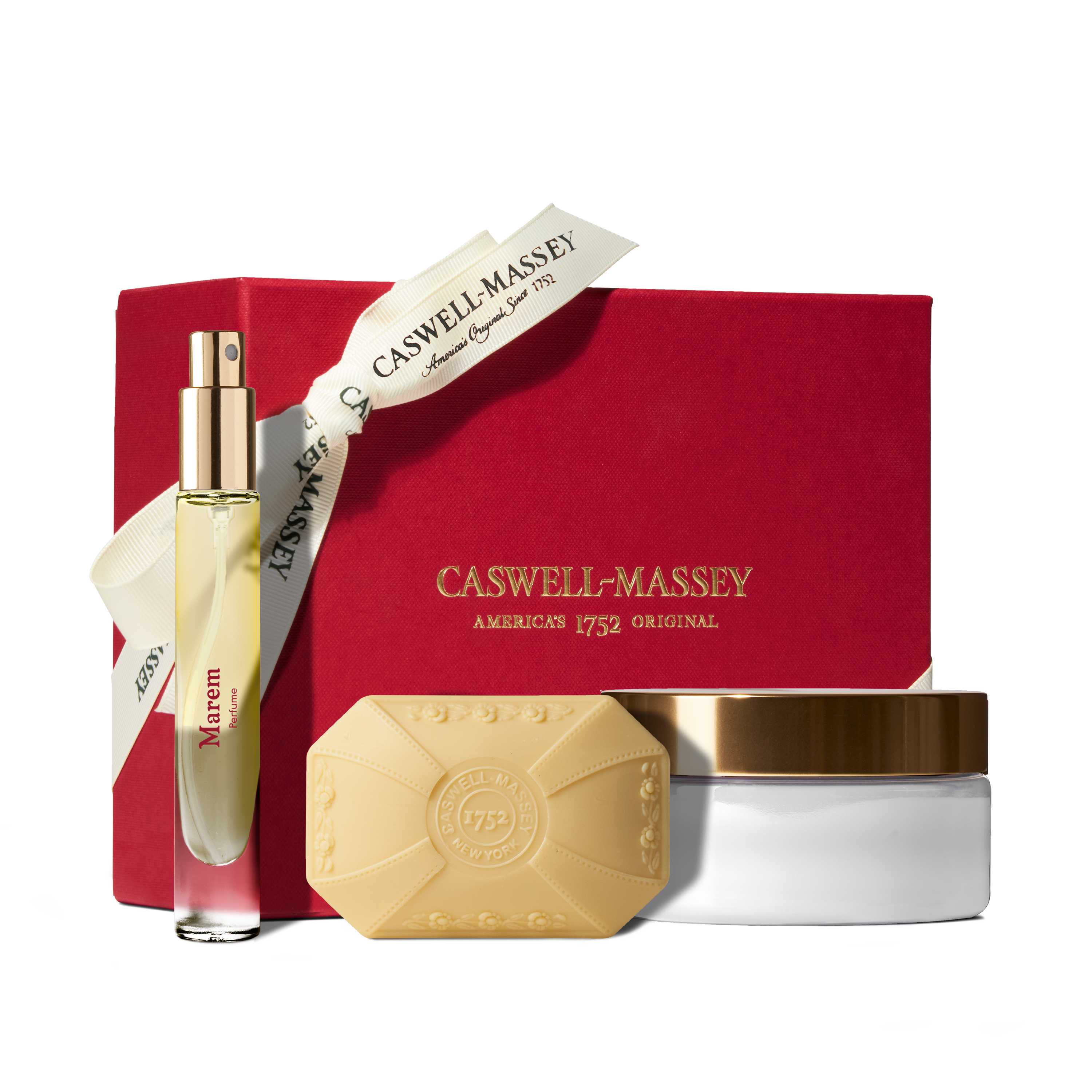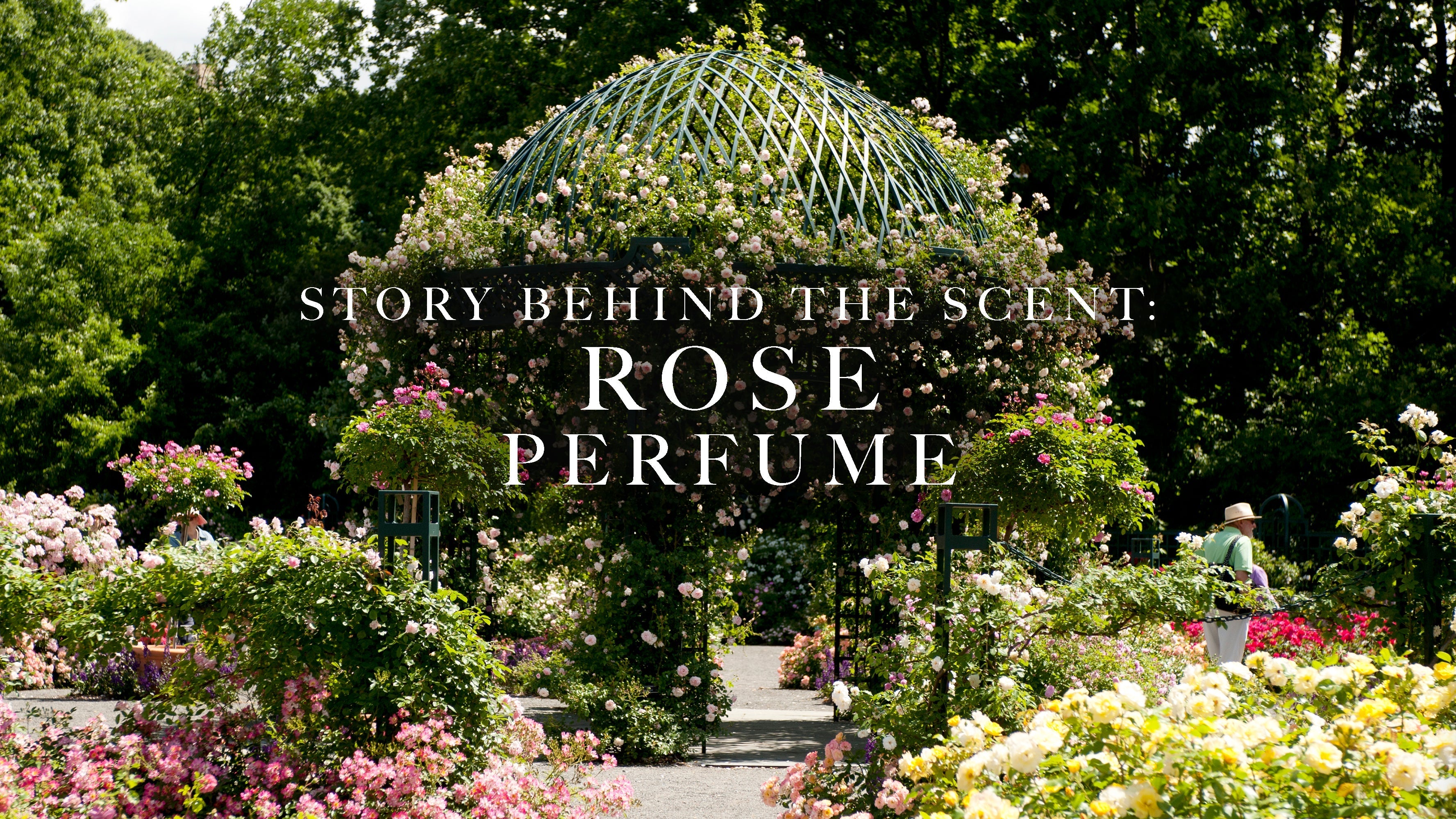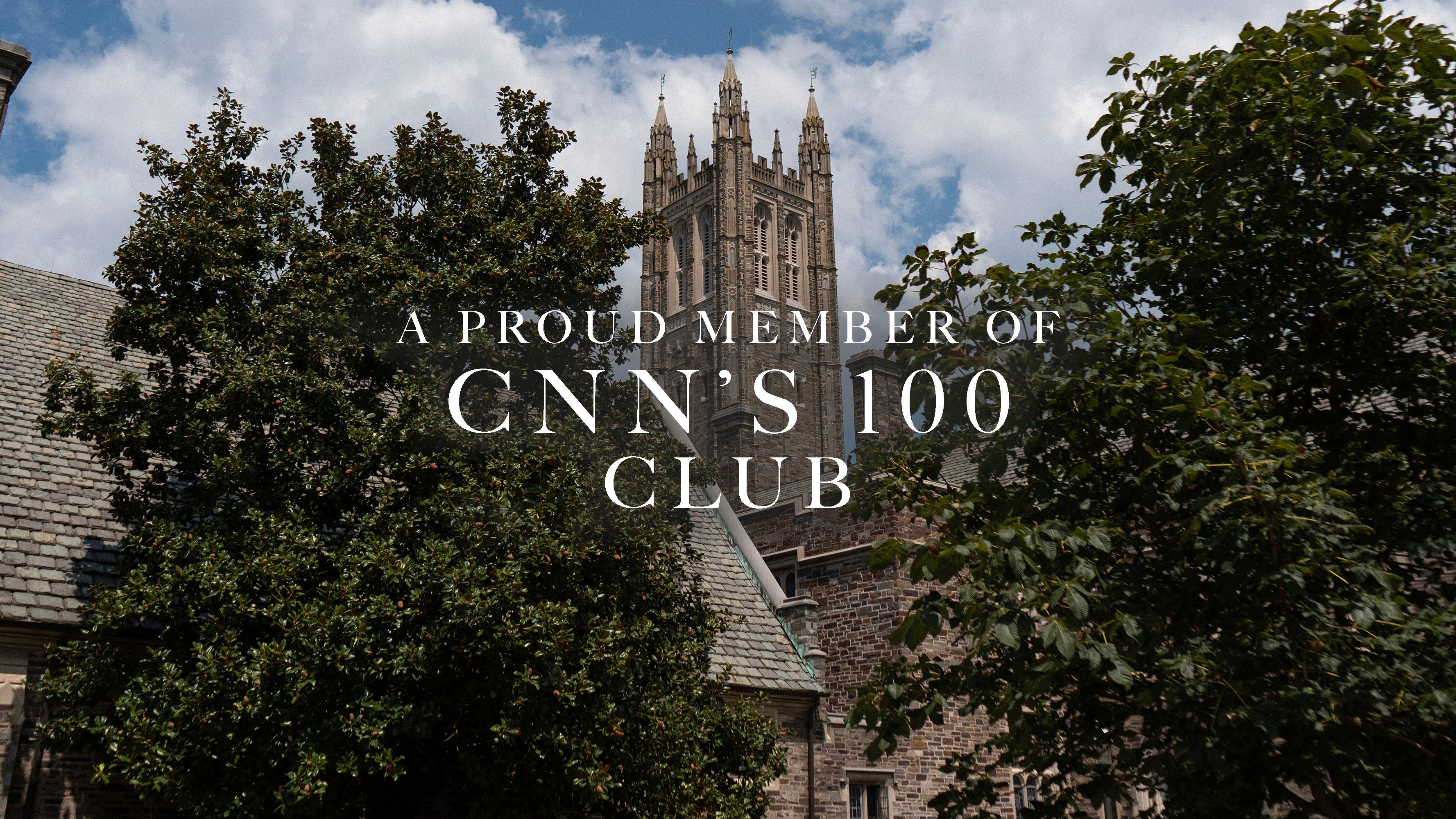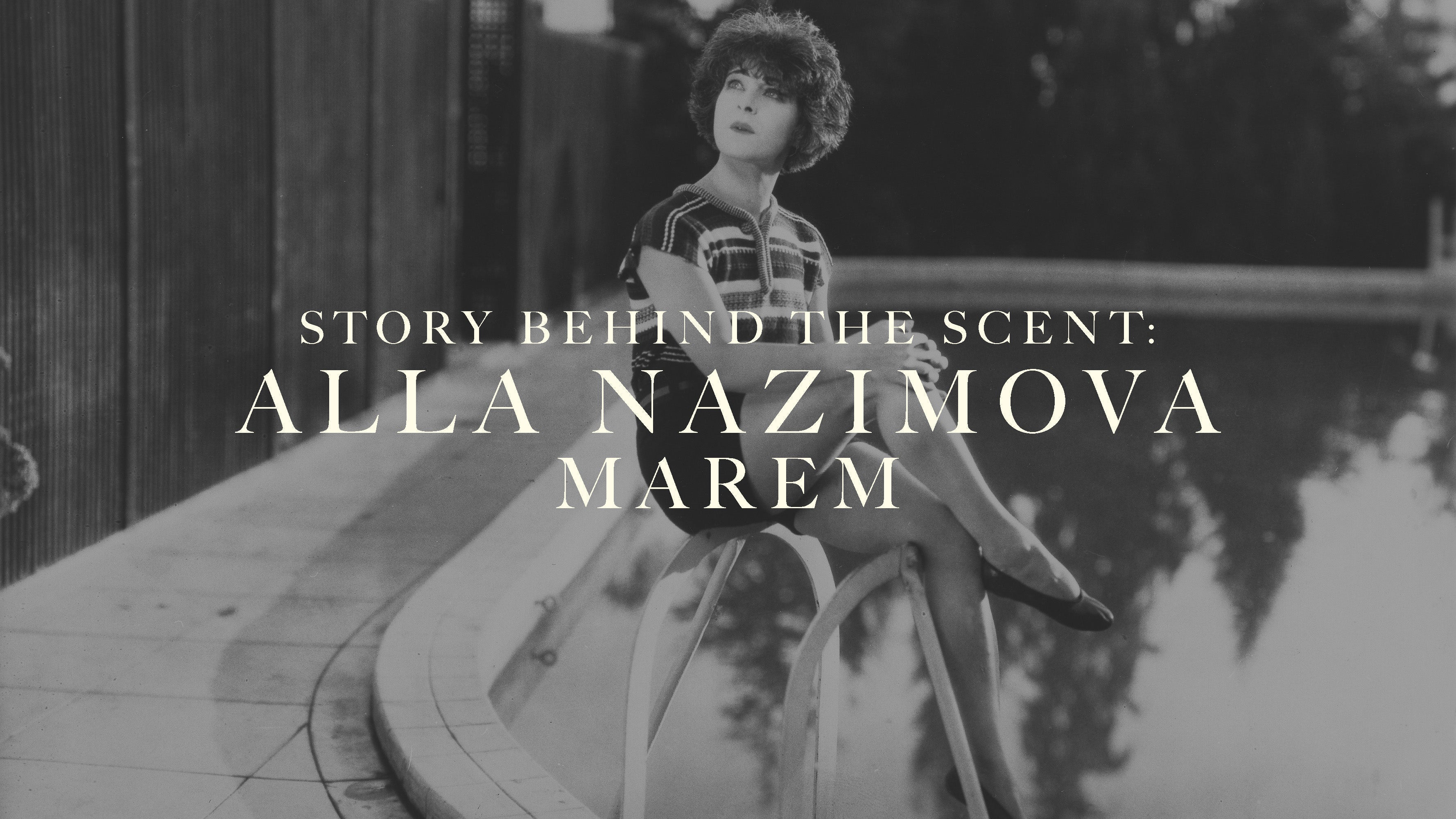
Alla Nazimova
"In Nazimova, we have beauty, depth of emotionalism and art with such finesse that she stands alone."
-Motion Picture Magazine, 1918

In 1914, Alla Nazimova—the star of a thousand moods—asked Caswell-Massey to create a custom fragrance that would tell her story: a story of a young woman with a mysterious streak, and a life of fame, fortune, creativity and splendid misfortunes in tumultuous times.
MAREM is a revival of our 1914 formula, created for Alla Nazimova by Caswell-Massey at our New York Store on Broadway. Stunning Floral notes give way to Deep Amber and Sandalwood in the dry down, creating the scent of lush day-time florals that shift to more enigmatic, deep spiced notes as the sun sets "The Star of a Thousand Moods."
Below is a short synopsis of her incredible life, as shared with Caswell-Massey by Martin Turnbull, the founder of the Alla Nazimova Society, a passionate group of dedicated fans who continue to keep her story and legacy alive today. Learn more at the Alla Nazimova Society website.
Part I: A Star is Born - in Yalta
Born in 1879 as Marem Leventon to a Jewish family in Yalta on the Crimean peninsula. As her family dealt with difficult times, a young Marem found herself in foster homes and in the care of her relatives. At seven, she started to play violin, and had a modest talent for music. She was drawn to the attention of performing, and saw performing arts as a path to a more adventurous life beyond the confines of eastern europe. At seventeen, she started her training as an actress with Stanislavsky’s Moscow theater, and just a few years later she moved to New York City with the Company to pursue what would become an incredible career and life in America.

Part II: A Love Affair with New York City
New York City attracts the most passionate people and Nazimova was no exception. In 1905, she disembarked a ship from Moscow in New York Harbor with her lover, Pavel Orlenev. She had gained notoriety in Stanislovski's Moscow Theatre, and was following her dream moving to New York City. She and Orlenev founded a Theatre on the Lower East Side, but the venture was unsuccessful. Orlenev returned to Russia, but Nazimova's destiny kept her here in America.
She soon after met Henry Miller, who recognized her enigmatic presence as something binding her to stardom. Her Broadway debut in New York City in 1906 was a critical and popular success, in the title role of Hedda Gabler. Dorothy Parker described Nazimova as "the best Hedda Gabler she had ever seen". Nazimova was the toast of New York, and continued her fame as a major Broadway star for years.
It was during her time in New York that she became a customer of Caswell-Massey. Our Archives reveal a formula of bespoke perfume we concocted for her in 1914, a signature scent that was only sold to her in private stock - the very same formula that is the basis of our Marem perfume.
A Broadway play entitled War Brides was the catalyst to Nazimova's rise to notoriety in film, and in 1916 she made her silent film debut in the film version in the same play. Broadway had been conquered and her career was heading towards massive success, and so she set her eyes on Los Angeles & Hollywood.
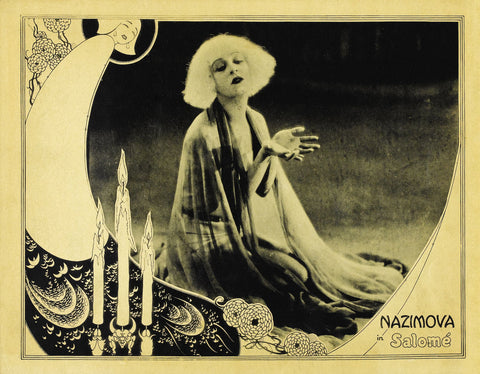
Part III: Nazimova arrives in La La Land
After making a name for herself on Broadway Nazimova set her eyes on Hollywood. Her early silent film career began in New York but blossomed in Los Angeles. Dramatic, moody, and bound for mega-stardom, Nazimova signed a contract with MGM for a $13,000 weekly salary and moved immediately to Los Angeles where she began to rub shoulders with the Hollywood heavyweights such as Rudolph Valentino - a debonair film legend known for his exotic charm and good looks.
With her newfound fortune and promising career, she leased a beautiful estate in 1919 called 'Havenhurst' on Sunset Boulevard, which became her main residence and the venue for her new social circle with the intelligentsia of early Hollywood.
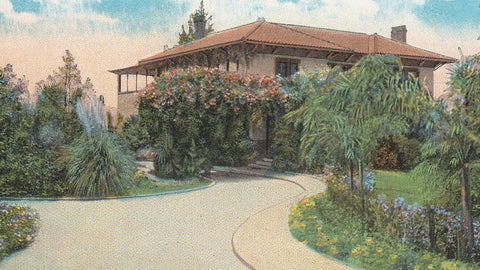
Nazimova soon felt confident enough in her abilities to begin producing and writing films in which she also starred. In her film adaptations of works by such notable writers as Oscar Wilde and Ibsen, she developed her own filmmaking techniques, which were considered daring at the time. Her projects, including "A Doll's House" (1922), based on Ibsen, and Salome (1923), based on Wilde's play. During her time in Hollywood she crafted a mysterious reputation for herself, being a moody and reserved presence who's quiet nature unnerved and wielded power over her peers and fans. She was called "The Star of a Thousand Moods."
She was the center of various scandals during her time in Hollywood in the early 1920's including a Lavender Marriage to Charles Bryant, a fellow screen actor. In a staunchly conservative time her liberation from convention compromised her career and with a tarnished reputation she returned to Broadway for a short time before returning to Los Angeles to begin one of the most intriguing part of her life: her opening of the famed Garden of Allah Hotel on Sunset Boulevard.
Part IV: The Garden of Allah Hotel
Nazimova had for some time jokingly called her estate "The Garden of Allah", a reference to both her own name and to the best-selling 1905 novel The Garden of Allah, by British author Robert S. Hitchens.
She lived at the estate privately, but faced with her own financial crisis in the mid-1920s after her silent screen career derailed, Nazimova decided to put her property to work as a source of income by extending her occasionally famous salons into a non-stop event with a place to stay the night. She built a complex of 25 "villas" around the original house, and on January 9, 1927, Havenhurst was transformed, and "The Garden of Allah Hotel" held an 18-hour opening party.
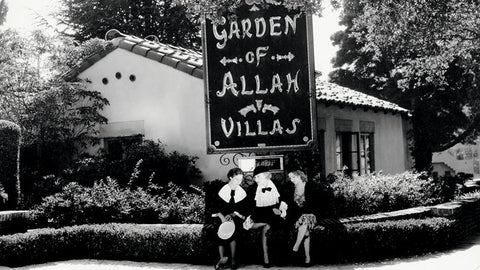
In the Roaring 20's, the Garden of Allah Hotel was a location where the Hollywood intelligentsia held their Salons and 'sewing circles', and also its fair share of opium-drenched parties. The Hotel became a favorite hangout of some of the most intriguing Hollywood stars of the era, and several who made it their home away from home. Each Villa in the Garden of Allah Hotel came adorned in the enigmatic style of Alla Nazimova. Although Nazimova was forced to sell her shares in the Hotel a few years later during the depression, she maintained a residence at the hotel for many years, and the notoriety of the venue established her earlier parties kept many guests coming for decades.
The hotel became legendary over the years, hosting notable authors including F. Scott Fitzgerald - who even took pains to write himself a postcard while living at the hotel in 1937: “Dear Scott, How are you? Have been meaning to come and see you. I have [sic] living at the Garden of Allah! Yours, Scott”
Over the years and even after Nazimova’s death, the hotel continued to be part of Hollywood and California Legends - it is the very same Garden of Allah Hotel that is referred to in the eponymous Don Henly song and the Eagles song ‘Hotel California’; and the hotel was the ‘Paradise’ that inspired the line in Joni Mitchell's song - “They paved paradise and put up a parking lot” - when the hotel was bulldozed in 1959.
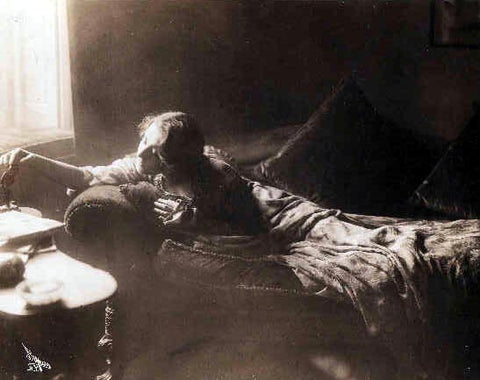
Part V: A Brilliant Star Fades from Sight
After selling her stake in the hotel, Nazimova returned to Broadway where she slowly faded away from the limelight. Her reputation as a star carried onward, but through the years leading up to World War II, her acting career faded and she became more focused on her private life. She appeared from time to time She eventually returned to the Garden of Allah Hotel and rented Villa 24, where she lived until her death in 1945.

Today, her story lives on - as a trailblazing, independent woman she has inspired thousands of other female filmmakers, actresses and performing artists, and her films are still considered some of the most important works of early hollywood. And there are others who are keeping her legacy alive in other ways, including Romy Nordlinger, who premiered ‘Places- the Play’ in New York in 2017. ‘Places’ is a one-woman show that tells the story of Alla Nazimova.
One more way that her legacy and story lives on is through Caswell-Massey's incredible perfume, created specifically for Nazimova in 1914 and introduced to the public in 2017 as MAREM. Available as a perfume, a beautiful bar soap, and a luxurious body cream.
To learn more about Alla Nazimova, visit the Alla Nazimova Society.
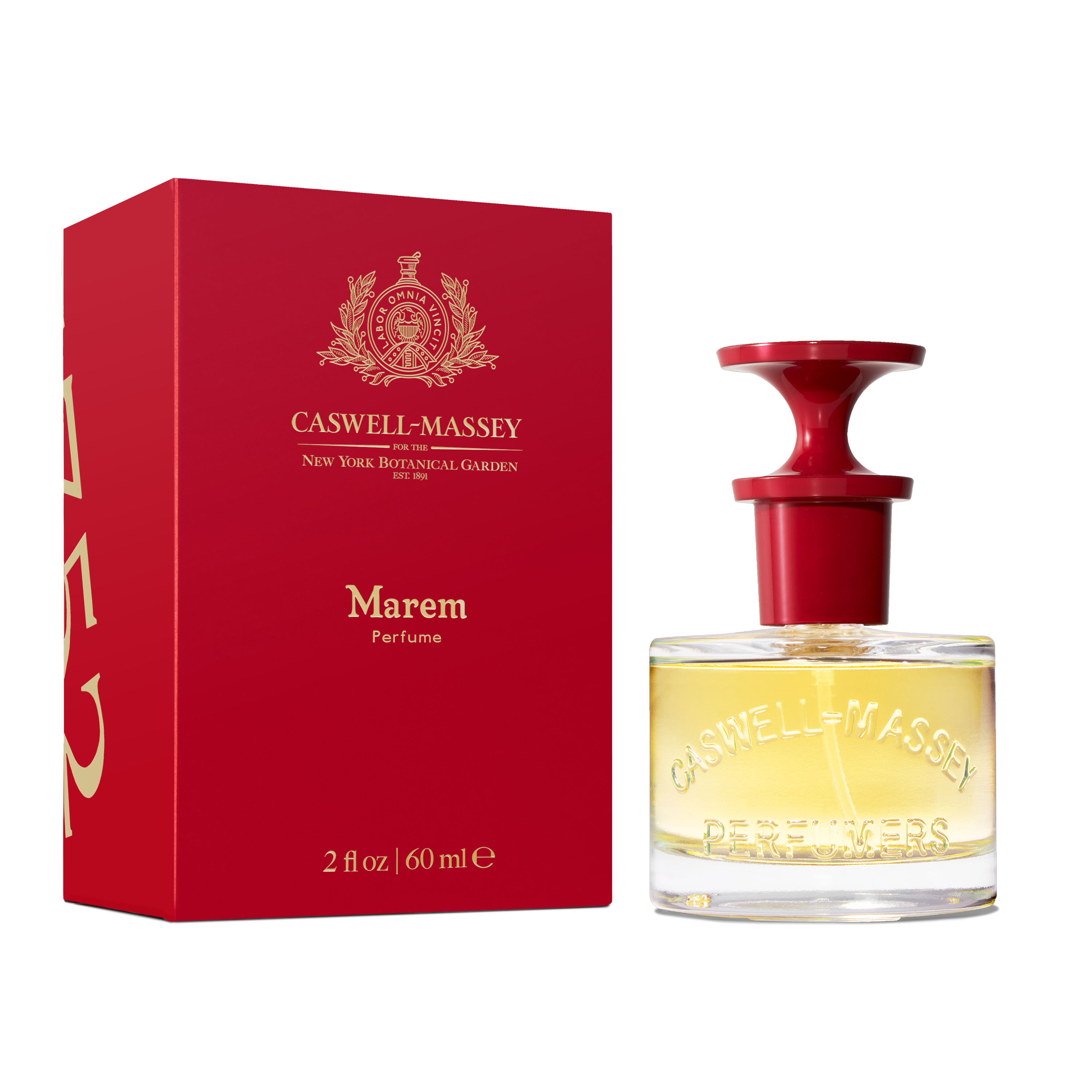
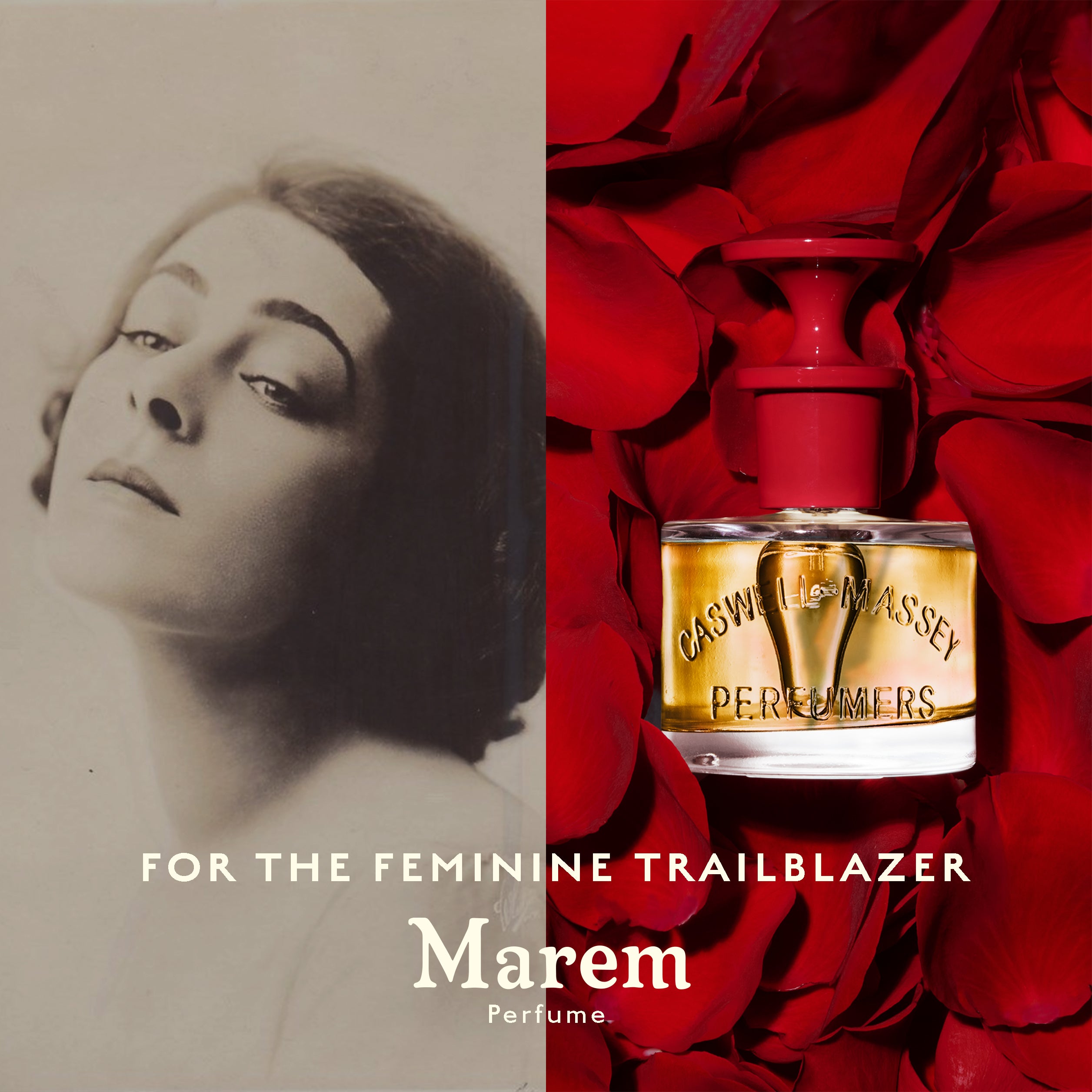
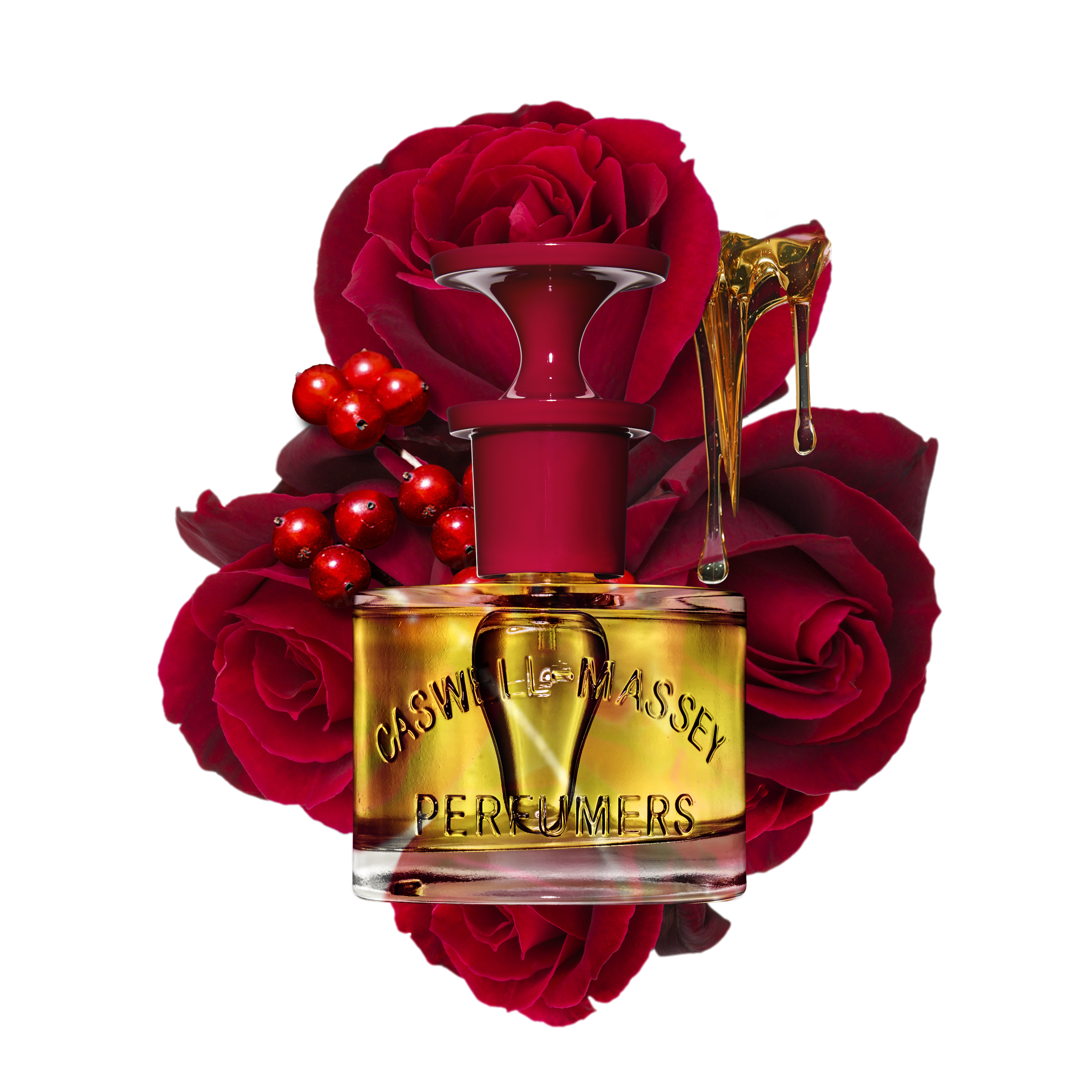
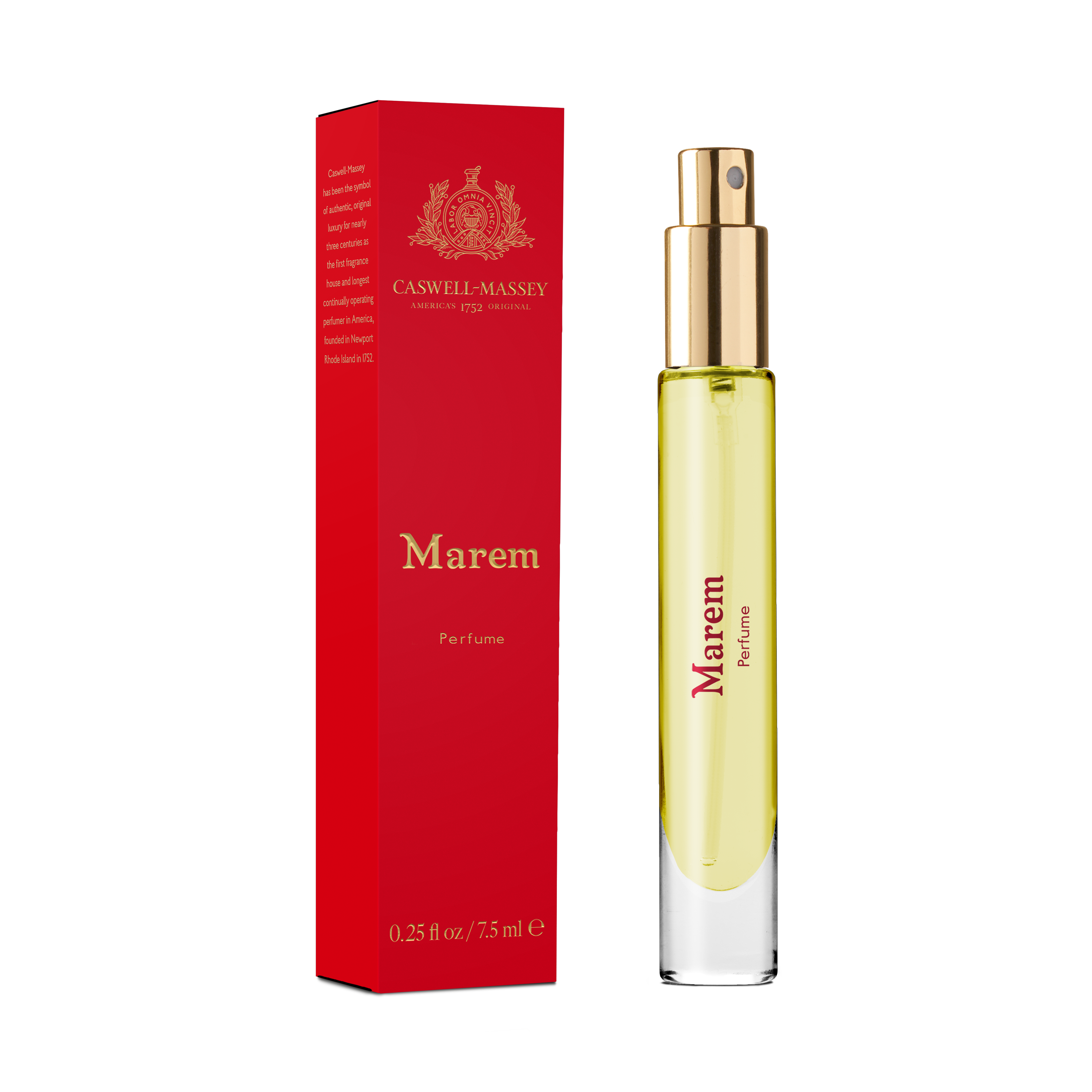
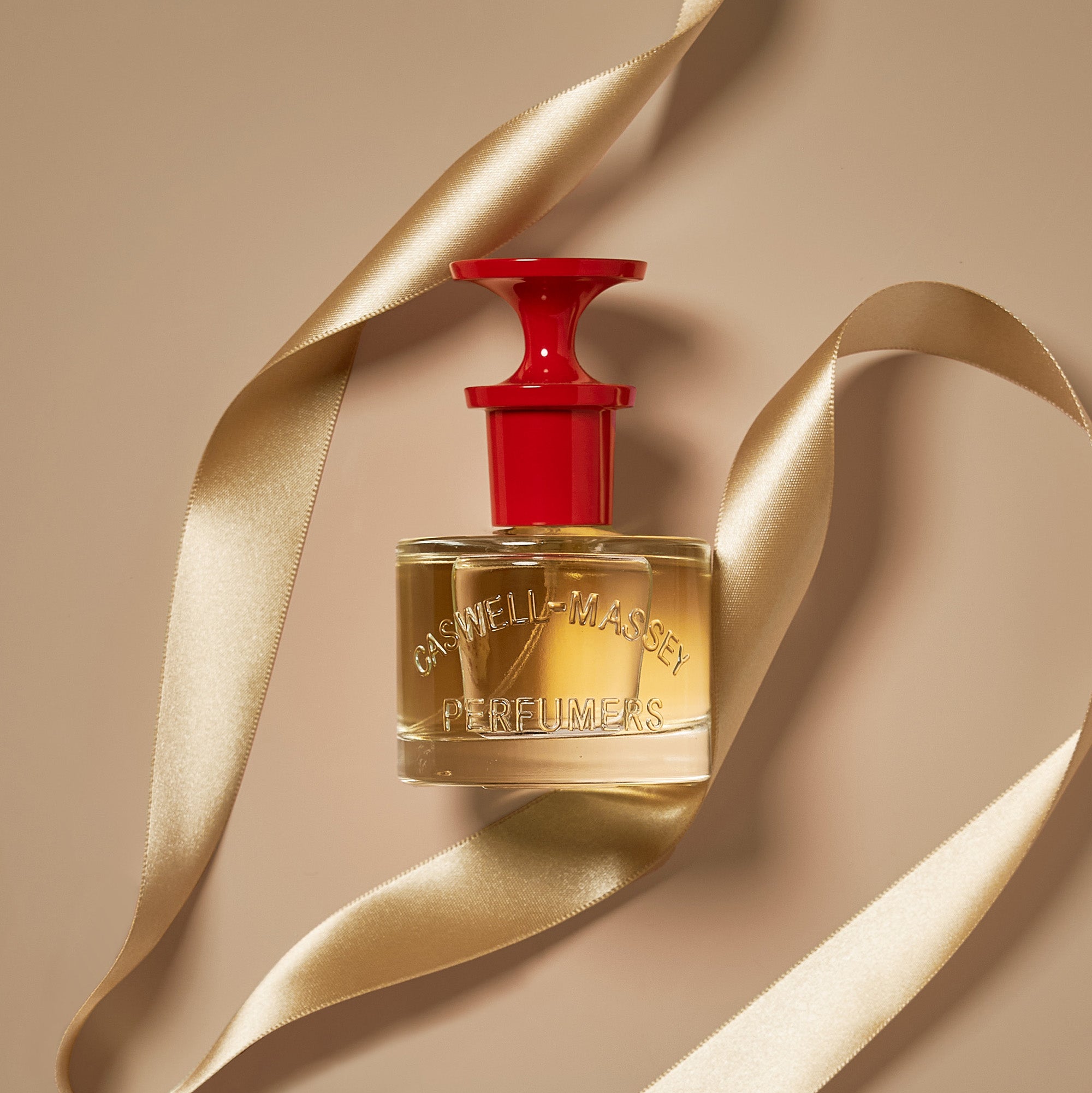
MAREM.
Marem ignites like a crimson flash: juicy red currant collides with slick neroli, then yields to a heart of wild eucalyptus wrapped in sultry Crimean Rose. Liquid amber bleeds into smoked cedarwood, leaving a velvet‑warm signature that clings to skin long after the lights fade. Sensual, enigmatic, impossible to forget.
Smoldering Finale: Liquid amber warms on skin as cedarwood smoke drifts in
The COMPLETE
Marem Collection

